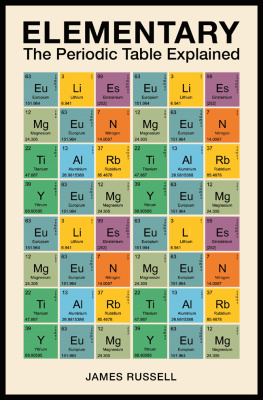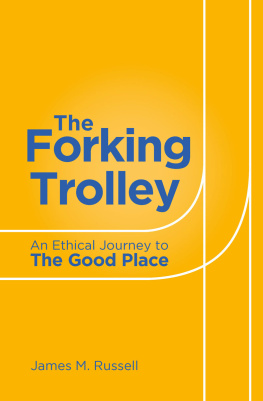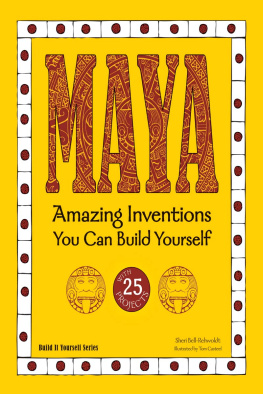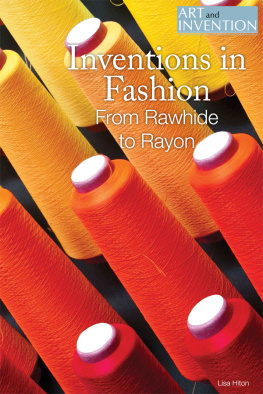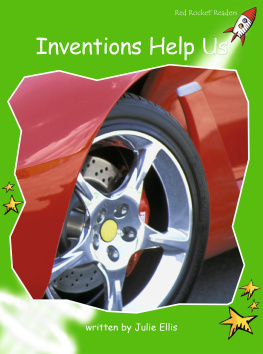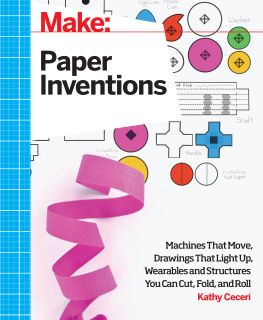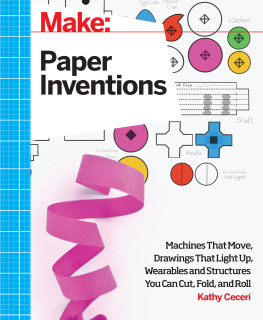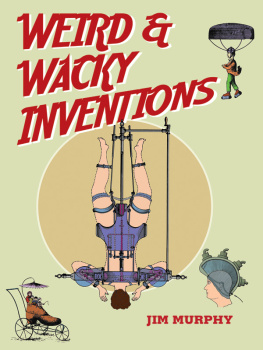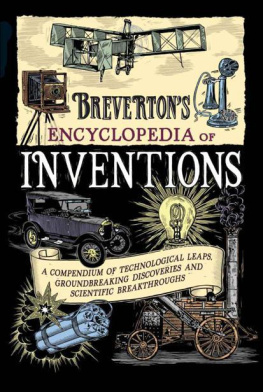First published in Great Britain in 2018 by
Michael OMara Books Limited
9 Lion Yard
Tremadoc Road
London SW4 7NQ
Copyright Michael OMara Books Limited 2018
All rights reserved. You may not copy, store, distribute, transmit, reproduce or otherwise make available this publication (or any part of it) in any form, or by any means (electronic, digital, optical, mechanical, photocopying, recording or otherwise), without the prior written permission of the publisher. Any person who does any unauthorized act in relation to this publication may be liable to criminal prosecution and civil claims for damages.
A CIP catalogue record for this book is available from the British Library.
ISBN: 978-1-78243-934-9 in hardback print format
ISBN: 978-1-78243-935-6 in ebook format
www.mombooks.com
CONTENTS
In the modern world, we like to think we are pretty smart. We have the internet, amazing medical knowledge, space flight and self-driving cars to prove it. However, if we were stranded on a desert island tomorrow, most of us would have no clue how to start a fire or catch a fish, let alone rebuild all that extraordinary technology we rely on.
Were not necessarily any cleverer than our ancestors we just have an accumulation of centuries of technological progress on which we can rely. Many of the ancients were much more advanced than we realize. There are recent inventions that had actually been discovered centuries earlier and then forgotten. A huge proportion of our modern devices and machines rely on ancient inventions such as paper, levers and gears, and many everyday items are far older than we realize. The Aztecs had chewing gum. There was brain surgery in the Stone Age. And the Chinese have had silk clothes, sulphur matches, toilet paper and whiskey for thousands of years.
Thats not to mention those pieces of ancient technology which we no longer understand, or which surpass our present-day knowledge. We dont know how to make Damascus steel, which was once the hardest metal in the world. We dont know how the Mayans made their weatherproof pigments. And we dont know the secret of Greek fire, a much-feared mysterious Byzantine chemical weapon that burned in water.
This book collects the stories of hundreds of ancient devices, inventions and breakthroughs from around the world and across the centuries. From the first telescope to the invention of the crossbow, and from Etruscan false teeth to early Chinese mechanical clocks, this is a fascinating glimpse into past eras that were far more technologically complex and advanced than we sometimes realize.
First Invented: Scotland Date: 8000 BC
From earliest history, mankind has been fascinated by the sky and its two most prominent occupants the sun and the moon. It was only natural that we should start to keep track of the fluctuations in these two celestial objects. The passage from day to night is one obvious interval, as is the cycle from new moon to full moon and back again. And for hunter-gatherers or early farmers, it was also crucial to understand the rotation of the seasons through the year.
Making sense of these various measures was a complex task. For instance, there is no tidy number of lunar months in a solar year. Twelve lunar months take about 354 days and you either need to find a way to add those odd days back into your system or to accept a gradual slippage in how the years relate to the seasons. And thats before you even start to think about the problem of leap years ...
Calendars of various sorts were clearly in use before the Bronze Age. We have written records of calendar systems from the Sumerian, Egyptian and Assyrian civilizations dating to about 5,000 years ago. However, one recent archaeological find in a field in Scotland, at Craithes Castle in Aberdeenshire, suggests that calendars were in use much earlier than that.
The site contained a series of twelve pits, which seem not only to show the phases of the moon but also to monitor lunar months. The pits, which have been dated to 10,000 years ago, also align with the midwinter sunrise. This would allow the hunter-gatherers who created them to reset each year correctly to align with the seasons, which suggests significant levels of understanding and sophistication in the pre-agricultural Mesolithic people of the area. The academic Vince Gaffney, who was in charge of the scientific analysis of the site, said that it illustrates one important step towards the formal construction of time and therefore history itself.
First Invented: Fourth century BC
We sometimes imagine the past as a time without clocks, when everything moved at a much gentler pace. Of course, life is not as simple as that, and there have been many historic situations in which people needed to find ways to keep to a busy schedule. For instance, the Greek philosopher Plato (427347 BC) wanted a way to get himself and his students out of bed in time for lessons. As a result, he became the inventor of the alarm clock.
Simple water clocks in which the gradual drip of water into or out of a vessel is used to record the passing of time had been in existence in Babylon and Egypt by the sixteenth century BC. It is also possible that such clocks were used earlier in India and China, as long ago as 4000 BC. The innovation in Platos water clock was that it also featured an alarm. A vessel was gradually filled with water, until it reached the height at which a tube led out of the first vessel into a lower receptacle. The tube functioned as a siphon, meaning that as soon as water started to drain out through it, the rest of the water was sucked into the tube with it. As a result, all of the water was instantaneously dumped into the lower receptacle. This lower receptacle was almost completely enclosed, except for a few small openings designed to act as whistles when air was forced through them which happened when the water fell. So Platos students were woken up, along with their teacher, by a loud whistling noise emanating from the extraordinary alarm clock.
Other early alarm clocks worked in similar ways. One involved a vessel that filled with water until it became heavy enough to fall and clatter onto a table below, making a loud noise in the process. Another design used a candle with a metal ball embedded in it, which burned down until the wax around the ball melted and fell onto a metal surface.
Mesolithic rock painting of a honey hunter.
Bees are older than humans in evolutionary terms, and throughout human history we have been fascinated by the problem of how to get at their honey. A Spanish rock painting from 8,500 years ago shows men stealing from the nests of wild bees. However, the history of beekeeping, where the bees are kept in artificial hives, is a much more recent story. A temple at Abu Ghorab in Egypt, dating from the Fifth Dynasty (25002400 BC), shows successive stages of honey manufacture from taking honeycomb from the hive to draining the honey into jars. It was a key ingredient of many Egyptian medicines, as well as being used in cooking. The Egyptians made hives from dried mud, while the Greeks and the Romans refined the method using clay hives. The scale of manufacture in ancient Egypt is shown by the fact that in the twelfth century BC an offering of over 30,000 jars of honey was made to appease the gods. One of the few ancient civilizations to reject the use of honey was the Spartans, who described cakes made from honey in rather macho terms as no food for free men. The more enthusiastic attitude taken by other cultures was summed up by a Roman blessing: May honey drip on you.


